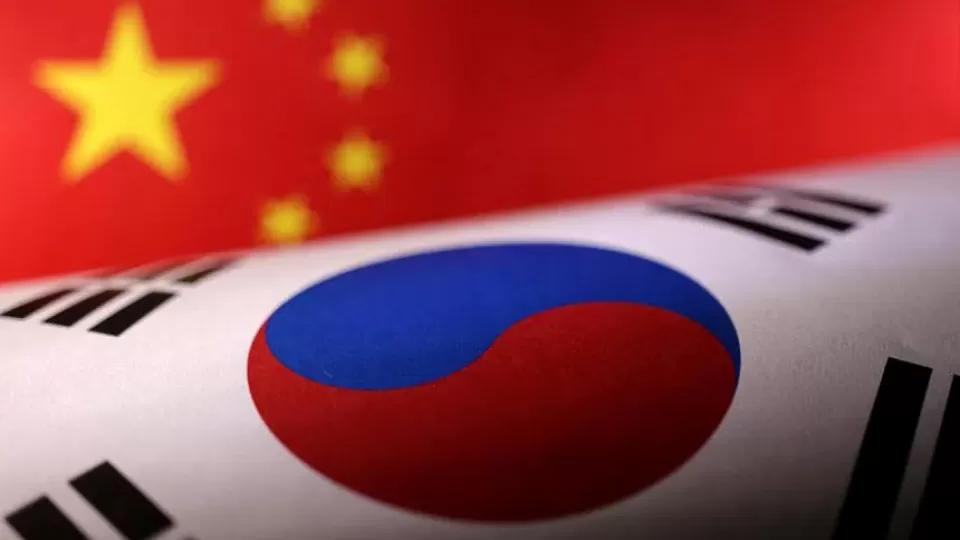August 26, 2022
TOKYO – From South Korea’s perspective, China — which fully supports North Korea — no longer contributes to the stability of the Korean Peninsula. It will be inevitable that China-South Korea relations will become fraught with tension in the future.
Aug. 24 marked 30 years since China and South Korea established diplomatic relations in 1992. The two nations had been hostile since fighting against each other in the Korean War, but they normalized bilateral relations along with the trend of the times at the end of the Cold War.
At the time, China hoped for more investment from South Korea, while South Korea had the advantage of expanding into the Chinese market. The fact that North Korea, which had the backing of the Soviet Union and China during the Cold War, was forced into isolation also benefited South Korea.
With China becoming an economic superpower, trade between China and South Korea has increased to about 50 times the level 30 years ago. In the mid-2010s, China-South Korea ties were called honeymoon relations. Past South Korean administrations prioritized diplomacy with China, hoping to resolve North Korea’s nuclear and missile issues through the use of Beijing’s influence on Pyongyang.
This atmosphere is fading now. South Korean President Yoon Suk-yeol, who took office in May, has been emphasizing the significance of universal values such as freedom and democracy, and shifting the center of gravity of his foreign and security policies toward close cooperation with the United States and Japan.
Behind this is the transformation of China over the last 30 years. China boasts the world’s second-largest economy and is also increasingly intervening in South Korea’s foreign and security policies, through such measures as opposing the deployment and operation of the U.S. military’s missile defense system in South Korea.
Far from opposing North Korea’s ballistic missile launches, China vetoed U.N. Security Council resolutions on sanctions against North Korea in May.
China also continues to undermine regional stability, including making threats against Taiwan and behaving provocatively around the Senkaku Islands in Japan. It is quite natural for the South Korean government to reconsider its relationship with China.
At a meeting of Chinese and South Korean foreign ministers on Aug. 9, ahead of the 30th anniversary of the establishment of diplomatic relations, the Chinese side warned South Korea not to strengthen its alliance with the United States, while the South Korean side said it would approach China with the spirit “to pursue harmony but not to become the same.” The comment by the South Korean foreign minister may indicate an intention to maintain a certain distance from China and respond on a case-by-case basis.
There is a possibility that the Chinese government could negatively affect South Korea economically in the future, through such measures as restricting South Korean companies’ activities in China and boycotting South Korean products. Limitations on interactions between people are also possible.
Amid the intensifying U.S.-China conflict, South Korea may be forced to more clearly support the United States. One specific option is for South Korea to join the framework of a semiconductor supply network with Japan and Taiwan envisioned by the United States.
For Japan and the United States, strengthening ties with South Korea will contribute to regional stability. The two countries need to enhance their support for South Korea so that Seoul will not succumb to undue pressure from Beijing.

